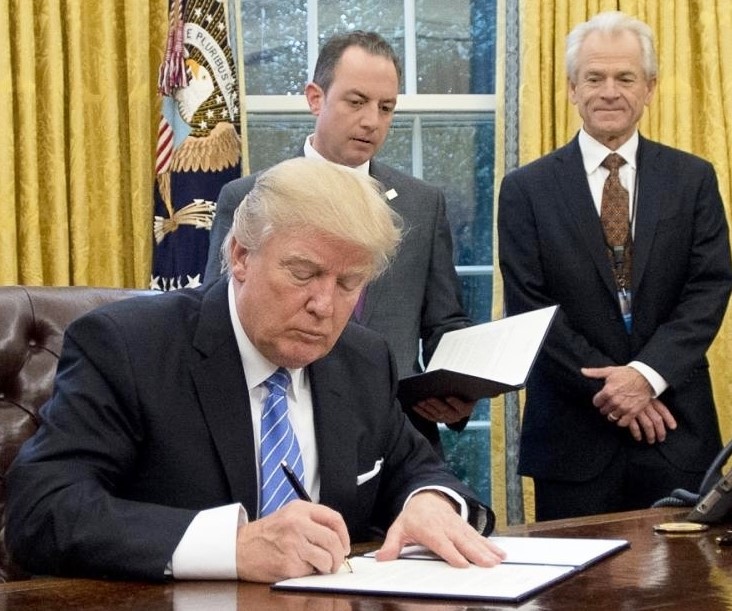


February 1 marked the one-year anniversary of the military coup that has seen widespread chaos and destruction in Burma. Nevertheless, a younger generation continues to fight for democratic ideals against terrible odds.
Read More…
A year ago Burma’s military staged a coup.The juntahas since killed at least 1,500 people and detained another 12,000, of whom nearly 9,000 remain in custody. A couple thousand sought by the regime are in hiding. TheUnited Nations estimatesthat 2,200 civilian homes and other buildings have been destroyed and some 320,000 people have been displaced by spreading violence. Still the Burmese people have refused to submit.
Two Burmas have emerged: (1) a military regime too strong to be dislodged by civilian protest alone, and (2) a youthful population that has tasted freedom over the past decade and will not submit to a murderous dictatorship.Observed analyst Richard Horsey: “With neither side in a position to deliver a decisive blow to the other, a protracted and increasingly violent confrontation appears inevitable.”Burma has e essentially ungovernable, with potentially catastrophic consequences.
Burma, or Myanmar as designated by an earlier junta, has suffered under military rule for six decades. In 2010 the Tatmadaw, as the Burmese armed forces are known, createda democratic facadefor its continued control. Human Rights Watch thenassessed the regime’s record: The junta “continued to systematically deny all basic freedoms to citizens and sharply constrained political participation. The rights of freedom of expression, association, assembly, and media remained severely curtailed. The government took no significant steps during the year to release more than 2,100 political prisoners being held.”
The Tatmadaw imposed a constitution that left it in control of the armed forces and three security-oriented ministries, gave a quarter of the legislative seats to the military, required a three-quarters vote to change the constitution, and barred Nobel laureate Aung San Suu Kyi from the presidency (by prohibiting anyone with a foreign spouse or child from serving as president).
However, Suu Kyi and the Burmese people outmaneuvered the Tatmadaw. Overwhelming popular support allowed her National League for Democracy (NLD) to form a government. She then served “above” the president inthe newly createdposition of state counselor.
Suu Kyi later lost her global luster bydefending the Tatmadawafter itsbrutal operationsagainst the stateless Muslim Rohingya people. Suu Kyi turned out to be a Bamar-Buddhist nationalist with a political interest in shielding the military from foreign criticism. International disappointment over her actions was profound—and warranted. However, her stance does not diminish the cause of Burmese democracy.
Last February 1, the Tatmadaw imposed a state of emergency, arrested Suu Kyi and other members of the government and NLD, and mander Gen.Min Aung Hlaing prime minister. Why did he dismantle the system created by the military?His claim that the National League for mitted mass fraud was risible. Most likely, after the NLD’s landslide reelection victory in which the Tatmadaw’s puppet political party received few votes, Hlaing realized he would never be able to form even a coalition government or claim the presidency. Instead, the civilian government would continue to gain legitimacy against the military.
So Hlaing hit reset and hoped to restructure the system to ensure continued military dominance. He apparently consulted the Thai government, similarly a military junta with a democratic veneer. Througha rigged constitutionandcontrol of civilian institutions, the Thai military imprisons critics, disbands political parties, and forms governments. Hlaing pledged a future election but filed multiple boguscriminal charges against Suu Kyiand otherNLD leaders, intending to bar them from politics. The Tatmadaw also is expectedto outlaw the NLDin hopes of fragmenting the opposition, a tactic used by the Thai military.
The Tatmadaw, which before ruled with little opposition, apparently expected continued obedience. However, it underestimated the change in Burmese society over the past decade. The population is younger, used to greater freedom, and familiar with the world beyond.
Mass demonstrations erupted, which the Tatmadaw put down with ruthless violence.Reported the Office of the United Nations High Commissioner for Human Rights:“Security forces escalated violence, relying increasingly on lethal force, even employing military tactics bat-grade weaponry, including semi-automatic rifles, snipers, and live ammunition, to disperse peaceful assemblies. In March and early April, use of lethal weapons, alongside unnecessary and disproportionate use of less-lethal weapons, led to a dramatic increase in arbitrary killings and wounding of peaceful protesters, including many children.”
Arrests soared. According to OHCHR, the Tatmadaw “published daily lists of individuals wanted for arrest … primarily Myanmar celebrities, artists, doctors, educators, nurses, and others for their criticism of the coup” or other opposition activities. Moreover, “military authorities have also taken at least 93 family members into custody in lieu of wanted individuals, presumably to pressure those in hiding to surrender themselves.”
So protesters shifted tactics.Flash mobs emergedand dispersed before the Tatmadaw could respond.“Silent strikes”emptied streets and closed shops.Widespread civil disobedience stifled bureaucracies and businesses. Theeconomy shrankby a fifth. Reported OHCHR:
“Myanmar’s economy has been crippled, largely resulting from mass worker strikes across sectors, including banking, transport, and logistics. Banking has been virtually brought to a standstill, severely limiting people’s access to cash and rendering businesses unable to make or receive payments. Disruptions in the banking system have also reduced domestic and international remittance inflows, which provided an important source of e for millions of households.”
Moreover,democracy activiststookup arms. According to OHCHR:“Armed elements began to form in many areas of Myanmar, some of which grew out munity-based neighborhood watch movements or local formations that demanded detainee releases or tried to protect demonstrators. Others banded together to launch attacks against security forces to secure control of their local areas.”
Some of the urban insurgents have been trained by andcooperate withmore traditionalrural ethnic forces, many of whomhave returned bat, stretching the Tatmadaw’s resources.Observed Horsey: “Resistance groups are getting more sophisticated at targeting regime forces, and increasingly cooperating with various ethnic armed groups, some of which have significant military capabilities.”Hlaing’s plan to install a puppet civilian regime looks increasingly detached from reality.
The most profound change,according toJanes security analyst Anthony Davis, is that “political legitimacy, political credibility has essentially evaporated.” Before the Tatmadaw was respected, though disliked. No longer.
As opposition hardened, junta brutality increased. In mid-December, Human Rights Watchreported: “In a year where atrocities by Myanmar’s military have monplace, credible reports of a massacre of 11 people, including 5 children, who were bound, shot, and then burned, have sparked revulsion and outrage.”
Unfortunately, thisis not an isolated case: “The killings—and the burnings of the bodies—bear all the hallmarks of the Myanmar military. Decades of impunity for the worst crimes have created a mindset that soldiers can mit such atrocities without fear of being held accountable. Human Rights Watch has previously documented the Myanmar military’s scorched earth campaigns in ethnic minority areas in Kachin and Karen States, and in Rakhine State against the ethnic Rohingya and Rakhine populations.” Similar tactics are being used elsewhere.
Outside pressure on the Tatmadaw so far has been ineffective. The Burmese people almost certainly face substantially more suffering and hardship. Warned OHCHR: “The coup has evolved into a human rights catastrophe that shows no signs of abating.” The priority for people of good will around the world should be to assist the Burmese people as they fight for human rights and dignity, as well as democracy and peace in their beleaguered country.









